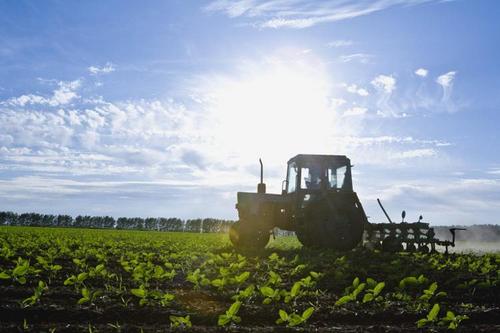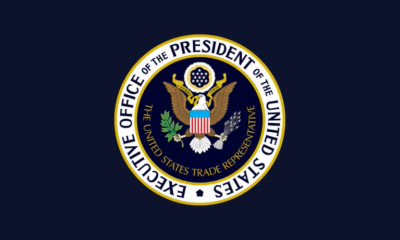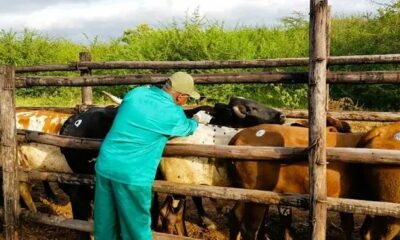Business
South African Agriculture Rises to the Challenge as Trump Tariffs Threaten Agoa Access

South Africa’s agriculture sector is bracing for yet another global challenge — but this time, it seems ready.
A new report by the Brenthurst Foundation, co-authored by Wandile Sihlobo of Agbiz and trade expert Tinashe Kapuya, finds that South African agriculture is resilient enough to withstand the potential fallout from US President Donald Trump’s proposed tariffs.
The move threatens to upend South Africa’s duty-free access to the US market, historically secured under the African Growth and Opportunity Act (Agoa). The new tariff regime — which includes a baseline 10% tariff for 90 days and the potential return to 31% thereafter — signals what the report calls a de facto end to Agoa and other US preference programmes.
Tariff Turbulence: What’s at Stake?
In 2024, South Africa’s agricultural exports totaled $13.7 billion, with the US accounting for 4%. Key exports such as citrus, grapes, wine, and nuts, which have long enjoyed duty-free access under Agoa, now face tariffs that could dent their competitiveness.
While the 90-day pause on higher tariffs offers breathing room, experts warn this is a temporary reprieve. “There’s now greater urgency to diversify South Africa’s export base,” the report states.
Call for Government Action and Trade Diversification
The report urges the South African government to act swiftly by:
-
Launching intensive trade negotiations with the US,
-
Seeking exemptions or quotas for key agricultural exports,
-
Correcting misconceptions around food safety regulations, which the US may interpret as trade barriers.
It also stresses the need for regional trade cooperation, recommending that South Africa work with SACU and SADC partners to develop a reciprocal trade agreement with the US in the absence of Agoa.
Farmers Want a Multi-Market Strategy
Francois Rossouw, CEO of the Southern African Agri Initiative (Saai), echoed concerns about the sudden shift in trade dynamics. “Family farmers have always been vulnerable to external shocks, and the Trump tariffs are a stark reminder of that,” he said.
Rossouw advocates for a multi-market approach that reduces dependency on the US by building stronger ties with Asia, the Middle East, Africa, and Europe. He also called for improvements in port logistics and transport infrastructure, crucial for maintaining South Africa’s global competitiveness.
Looking Ahead: Resilience with Reform
Despite the uncertainty, the Brenthurst Foundation’s report remains cautiously optimistic. With smart policy decisions, proactive trade engagement, and investment in infrastructure, South Africa’s agriculture sector could emerge not just unscathed — but stronger and more diversified.
As the global trade landscape shifts, South African agriculture may well become a model of resilience — provided it receives the right support at the right time.
{Source: IOL}
Follow Joburg ETC on Facebook, Twitter , TikTok and Instagram
For more News in Johannesburg, visit joburgetc.com



























